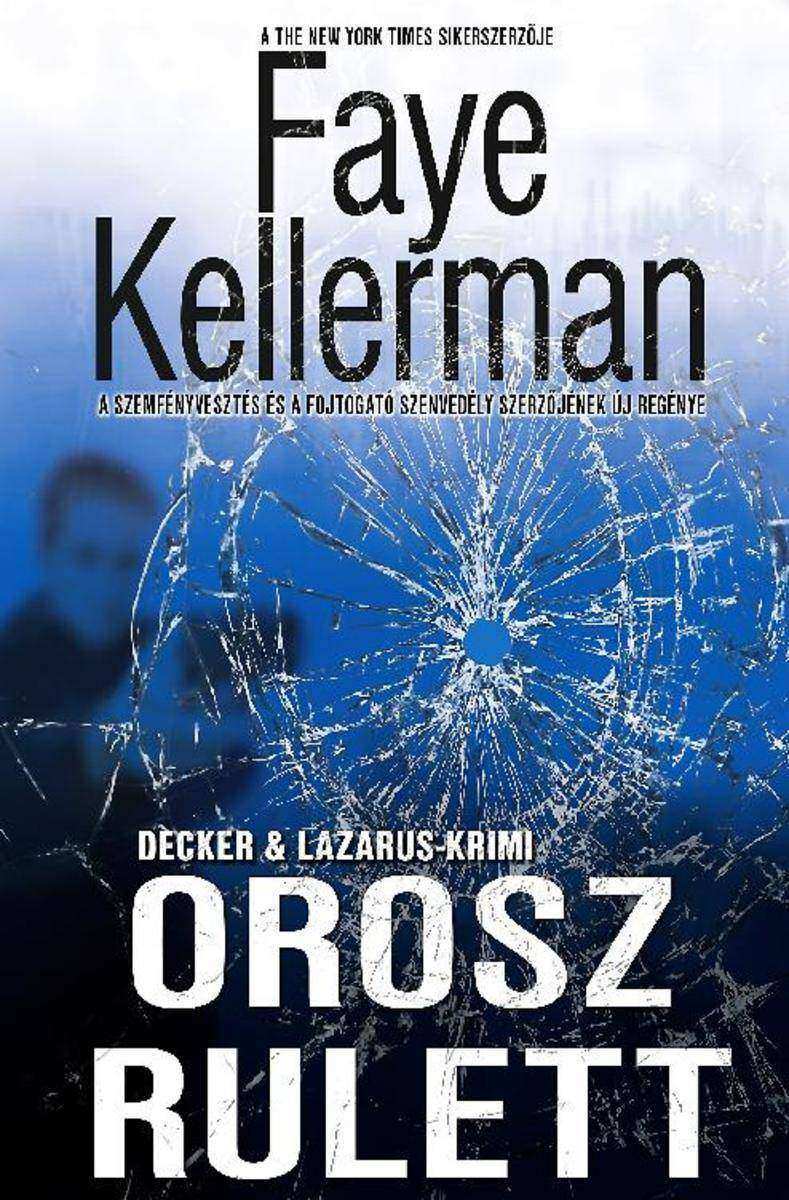
Orosz rulett (Peter Decker és Rina Lazarus 20.)
¥86.08
Orosz rulett (Peter Decker és Rina Lazarus 20.)
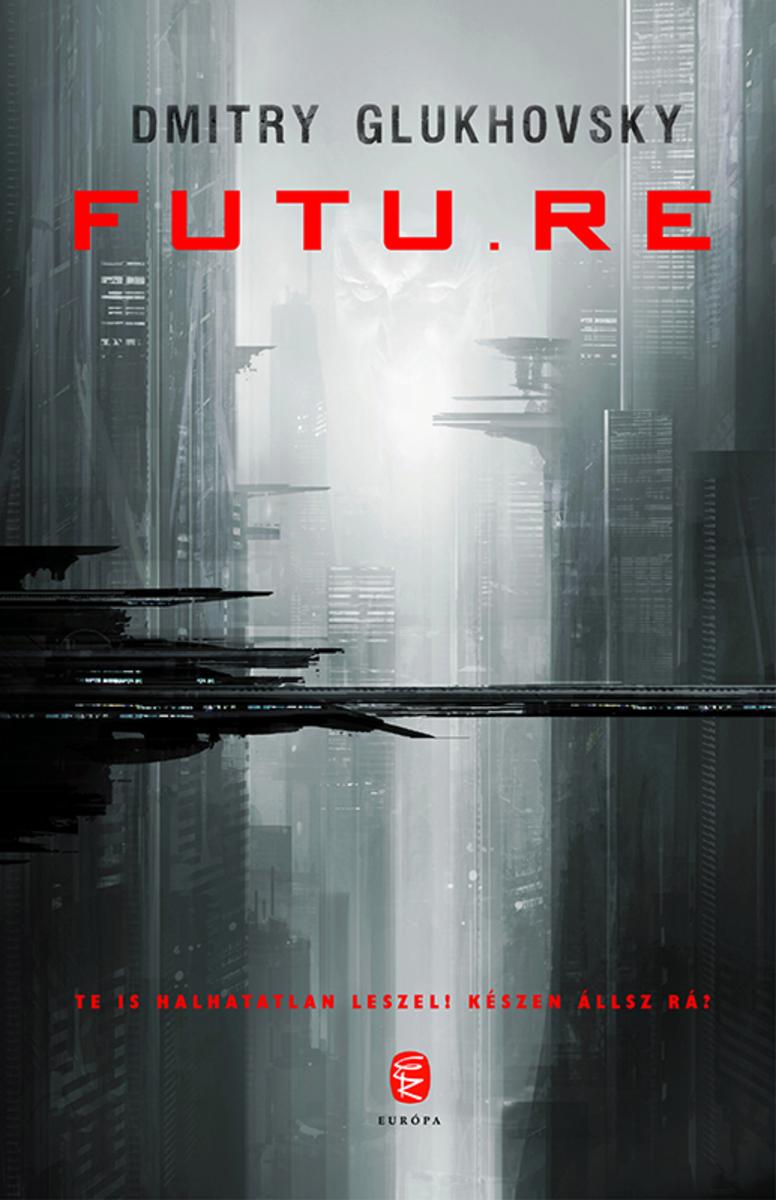
Futu.re
¥86.08
Futu.re
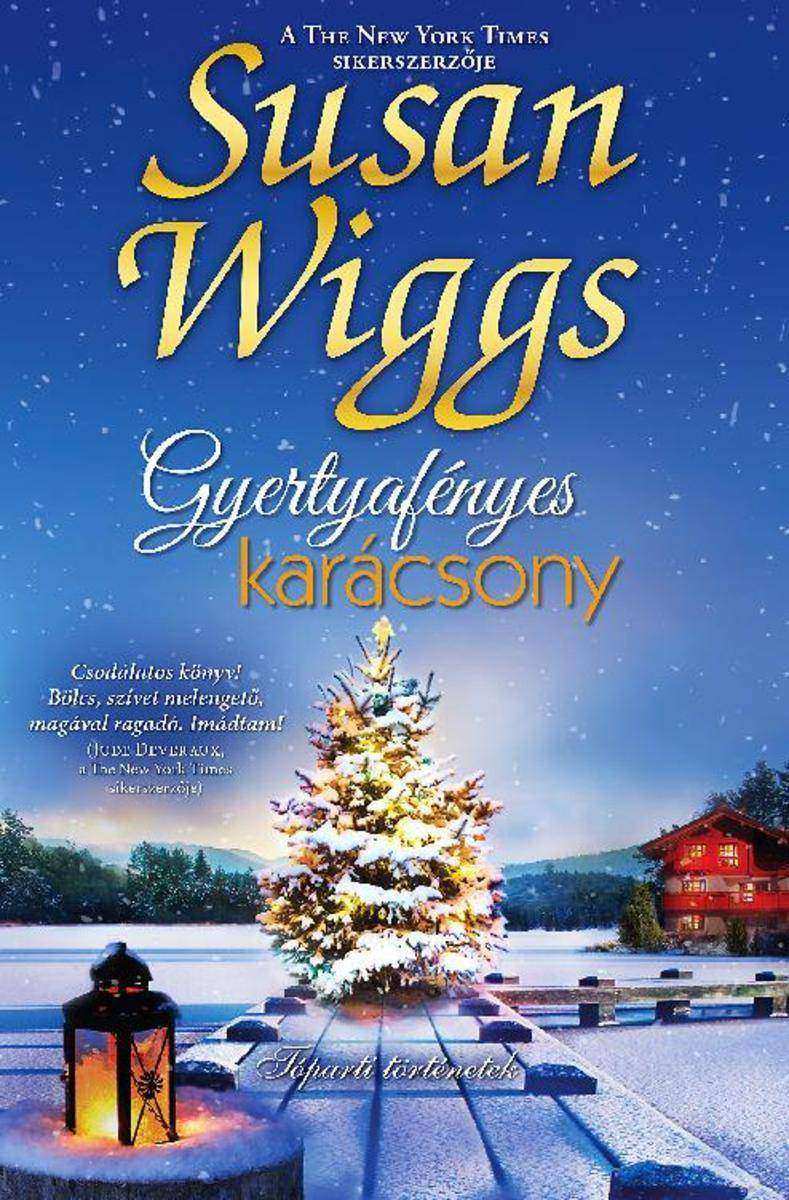
Gyertyafényes karácsony
¥86.08
Gyertyafényes karácsony
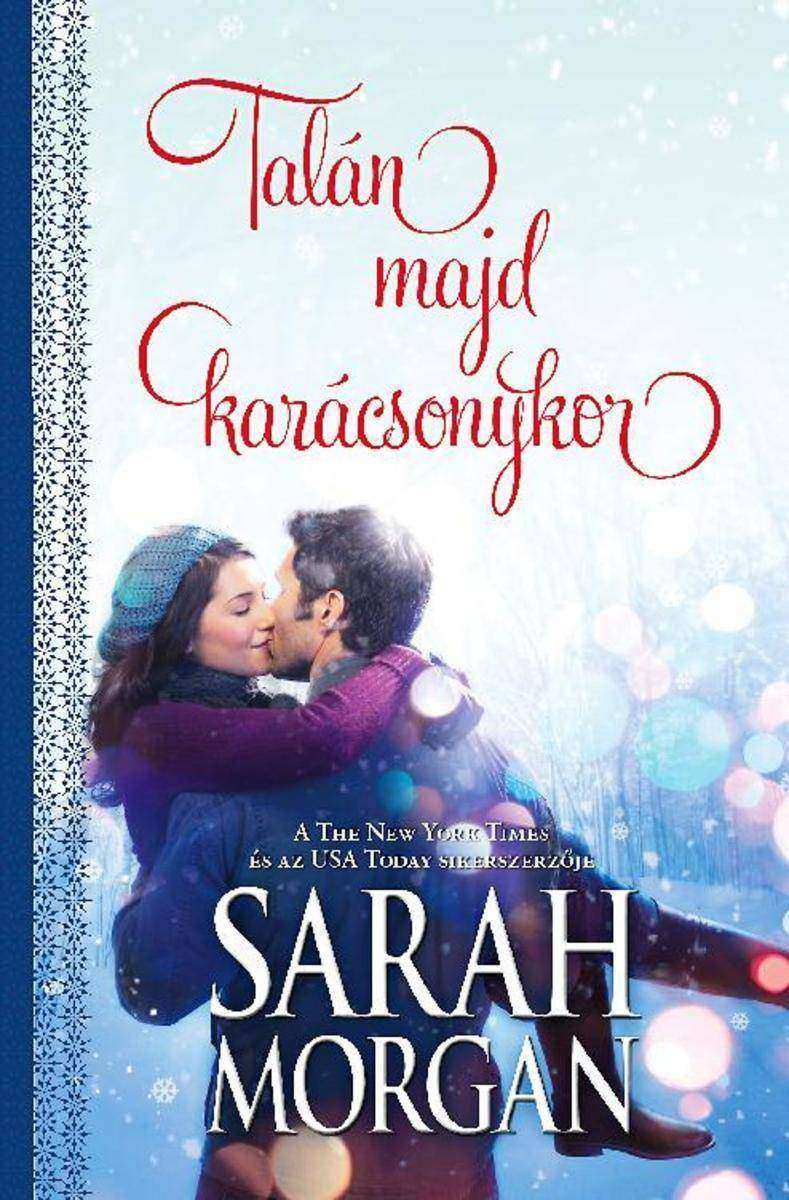
Talán majd karácsonykor (O`Neil testvérek 3.)
¥86.08
Talán majd karácsonykor (O`Neil testvérek 3.)
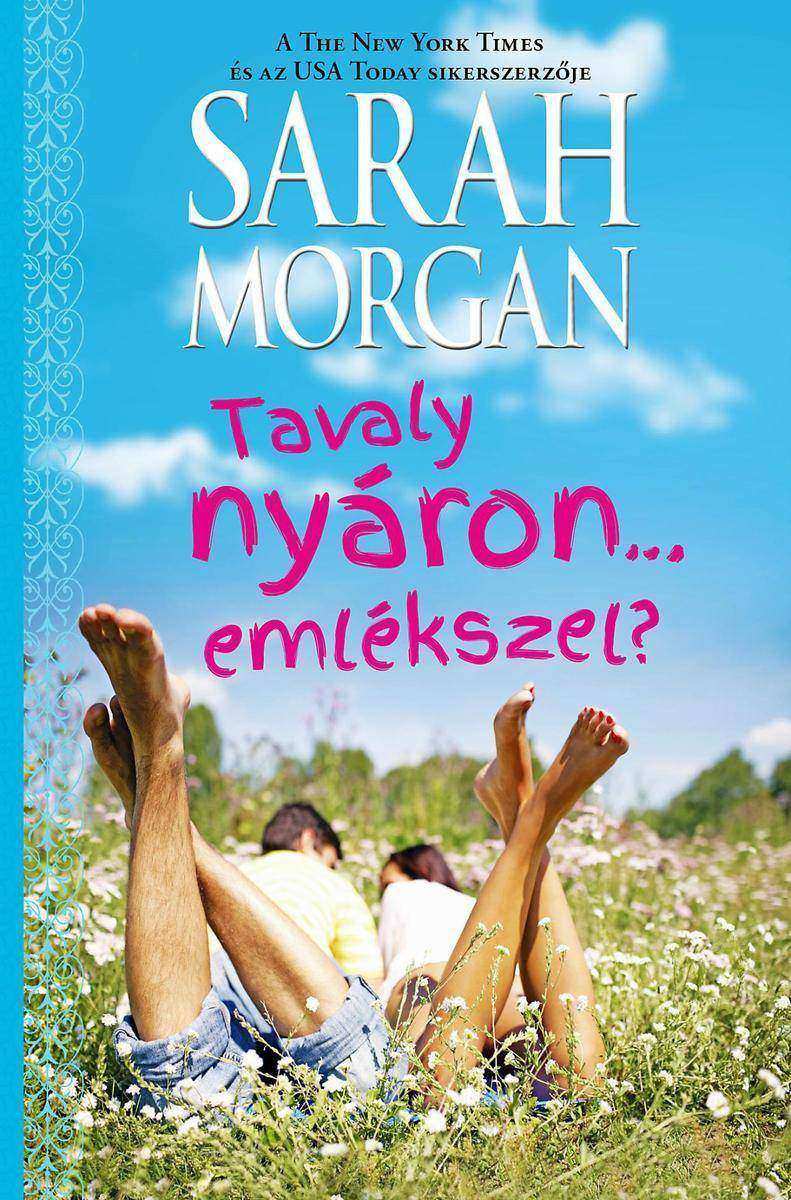
Tavaly nyáron… emlékszel? (O`Neil testvérek 2.)
¥86.08
Tavaly nyáron… emlékszel? (O`Neil testvérek 2.)
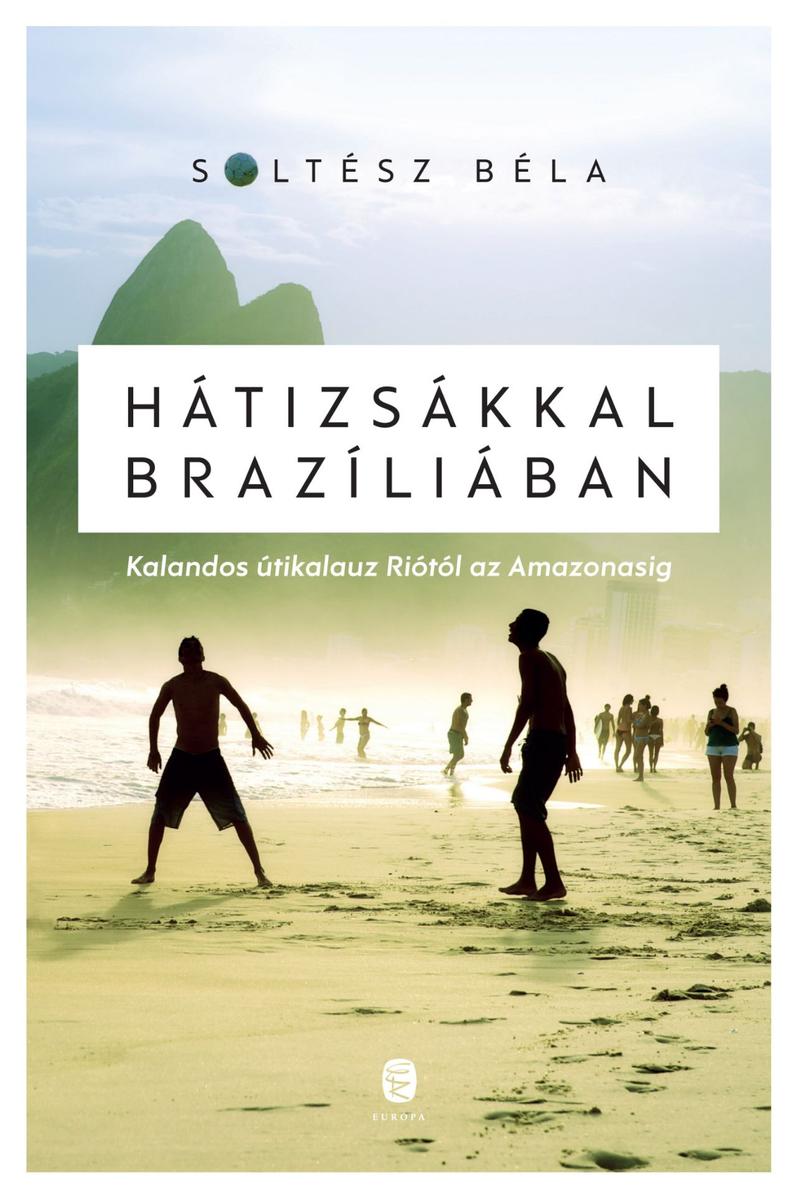
Hátizsákkal Brazíliában
¥86.08
Hátizsákkal Brazíliában
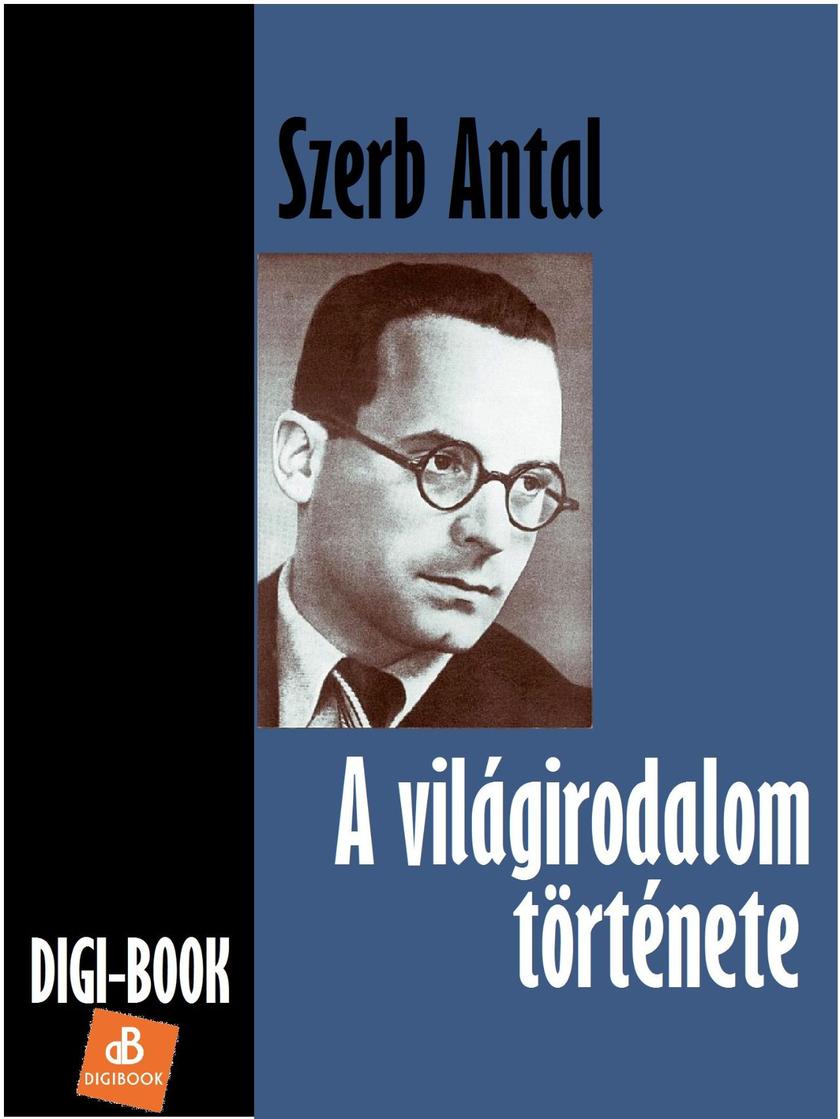
A világirodalom t?rténete
¥86.08
A világirodalom t?rténete
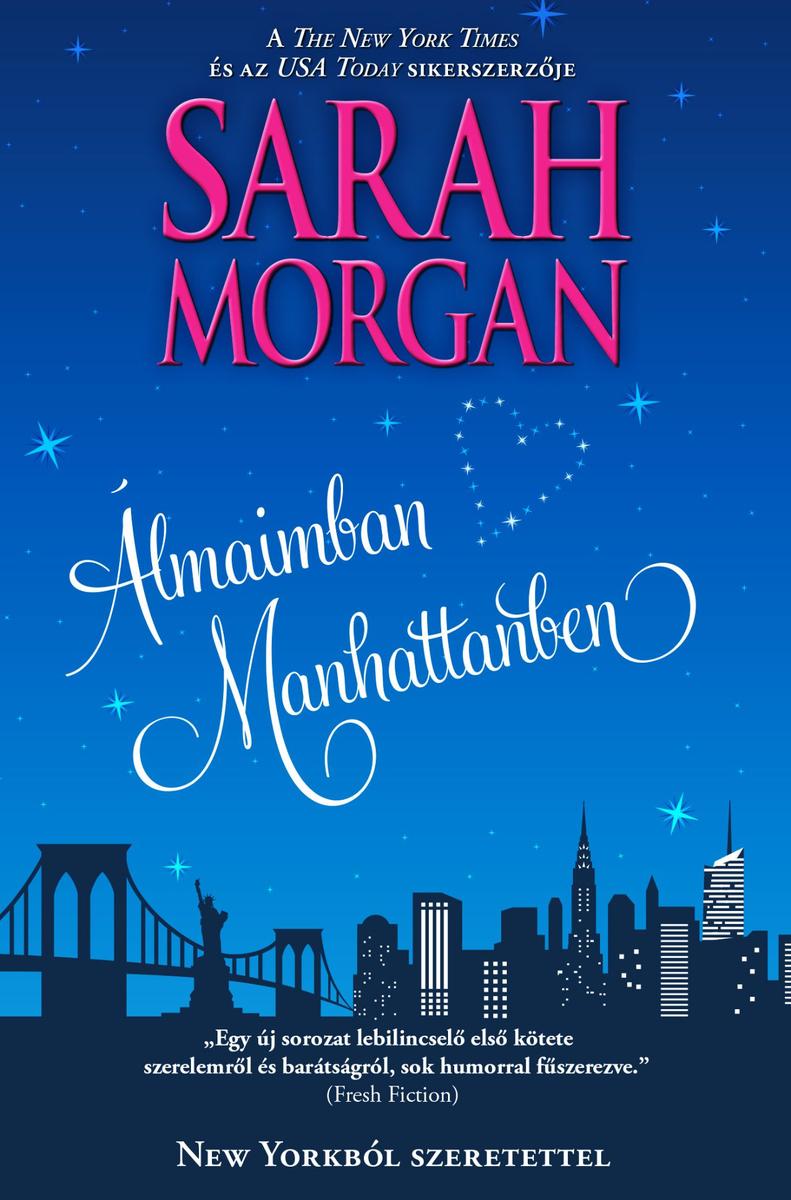
?lmaimban Manhattanben
¥86.08
lmaimban Manhattanben
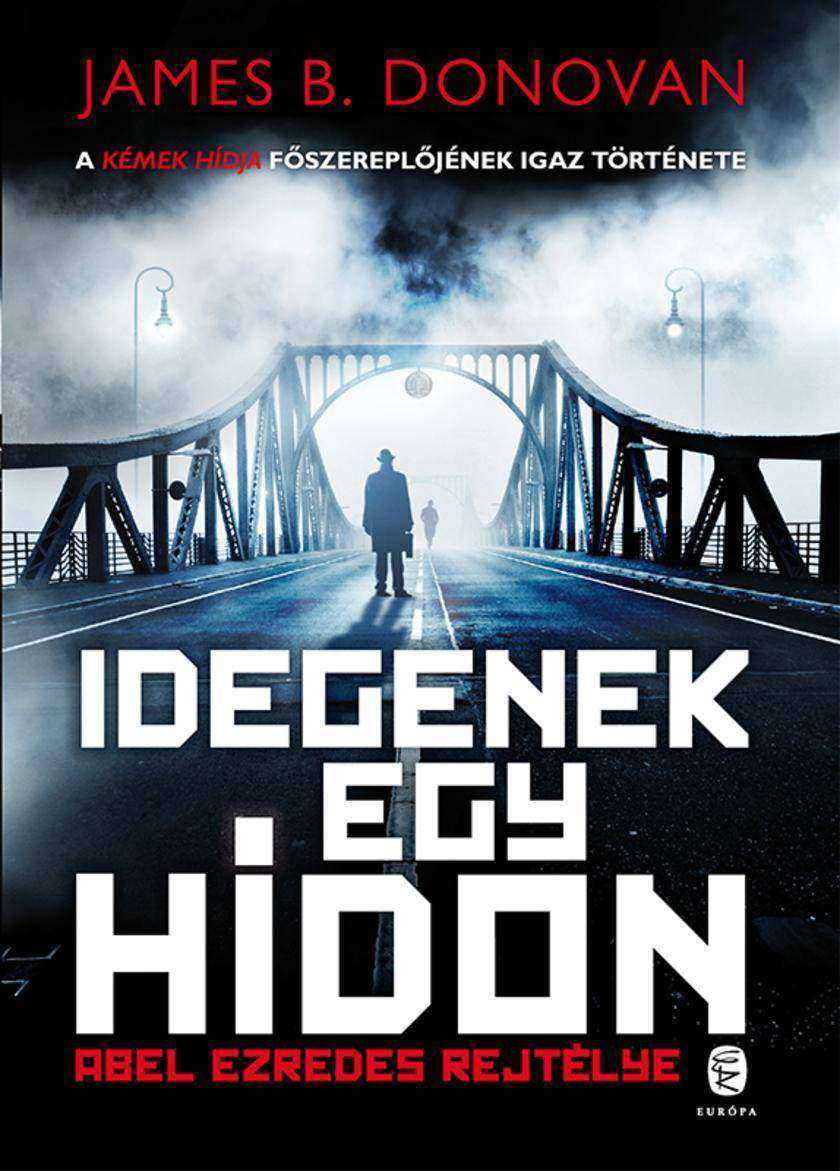
Idegenek egy hídon: Abel ezredes rejtélye
¥86.00
Idegenek egy hídon: Abel ezredes rejtélye
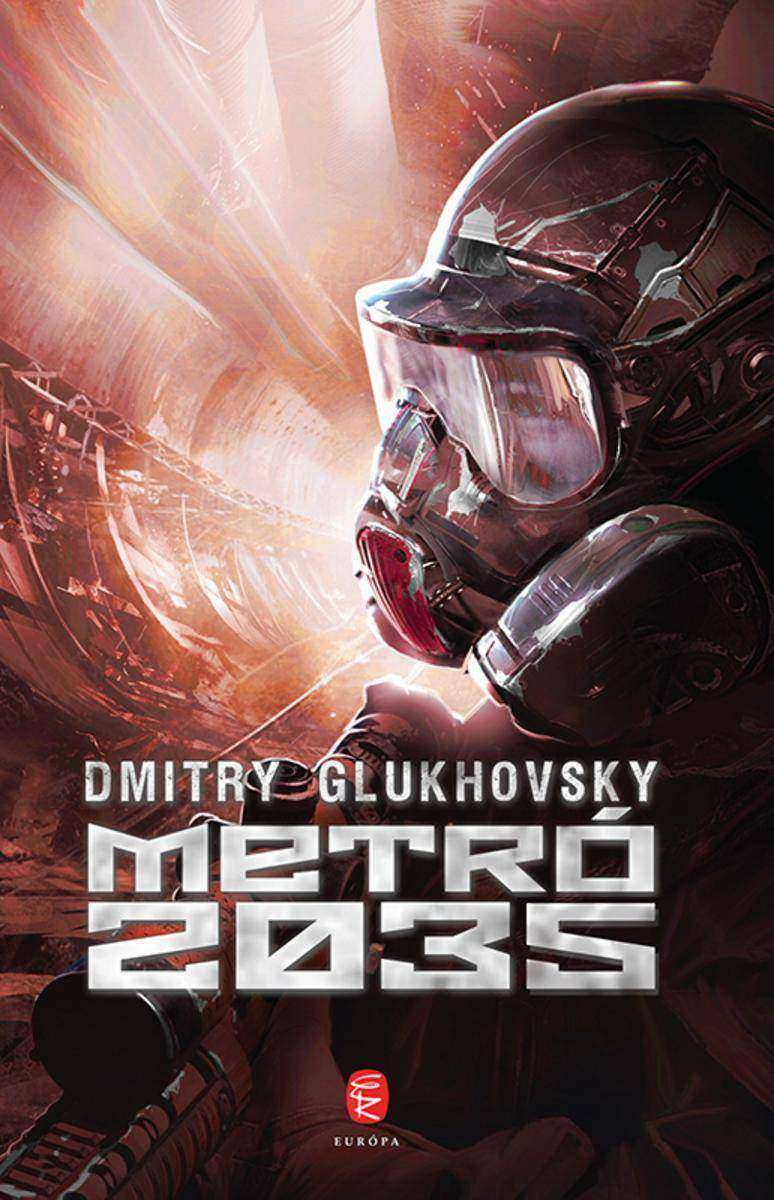
Metró 2035
¥86.00
Metró 2035
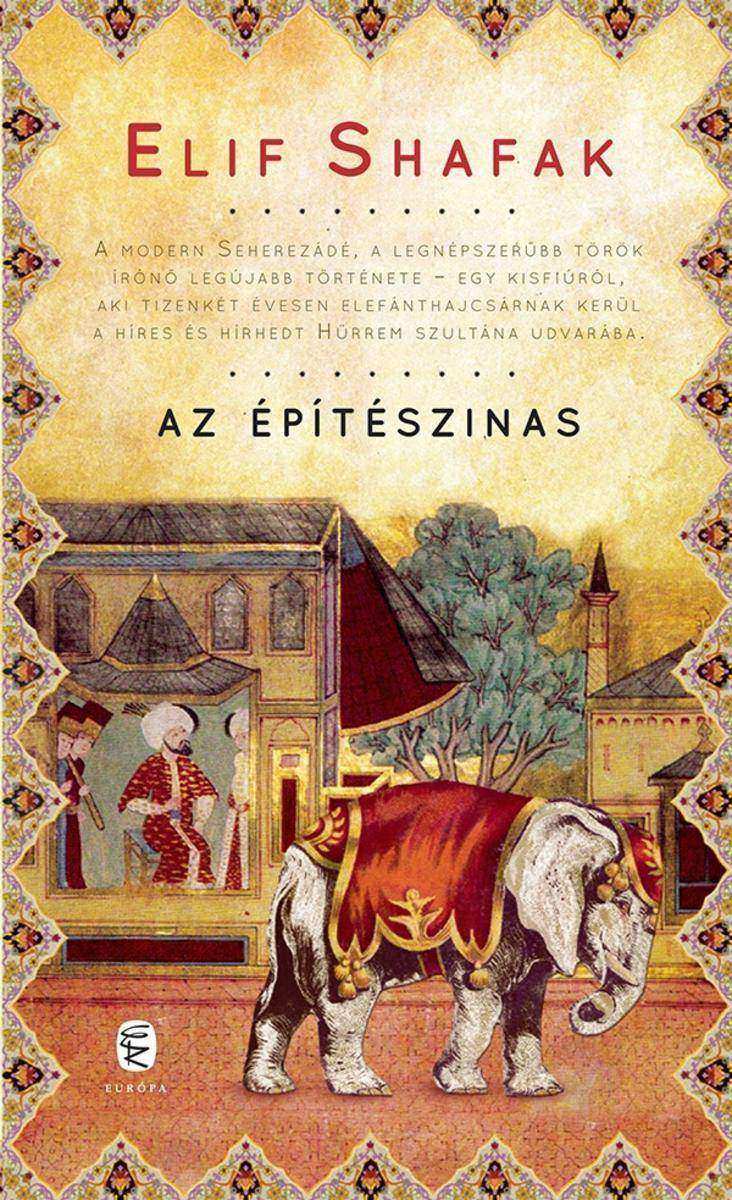
Az építészinas
¥86.00
Az építészinas
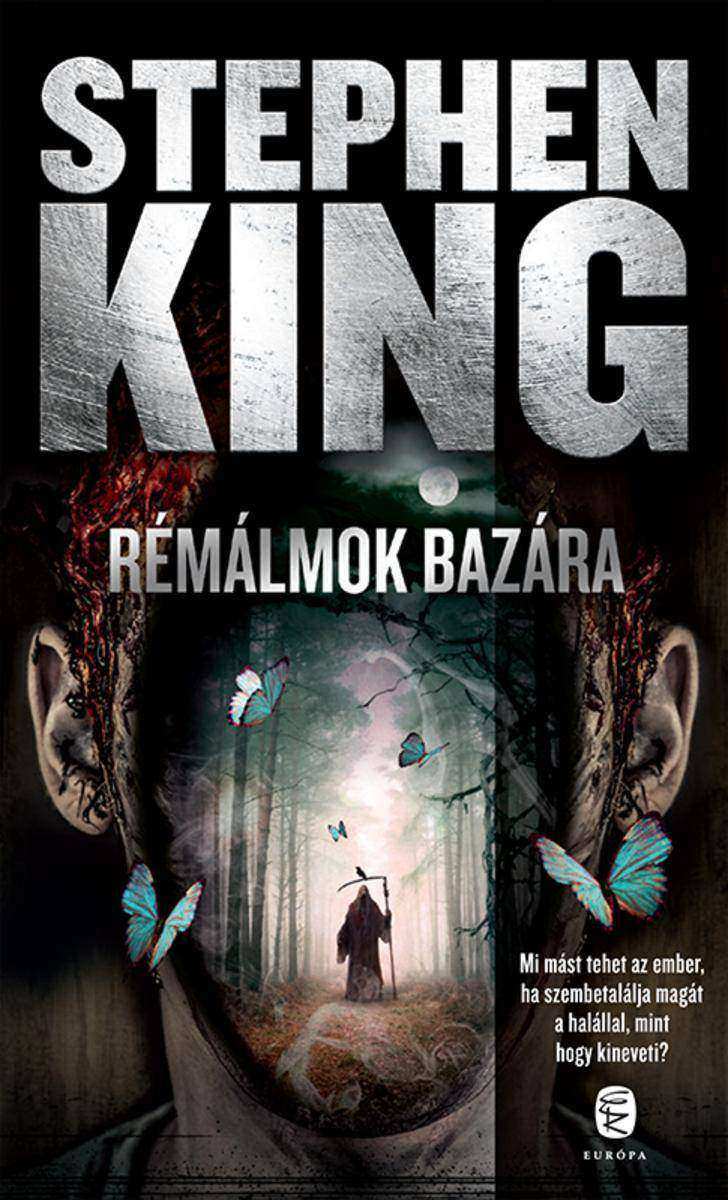
Rémálmok bazára
¥86.00
Rémálmok bazára
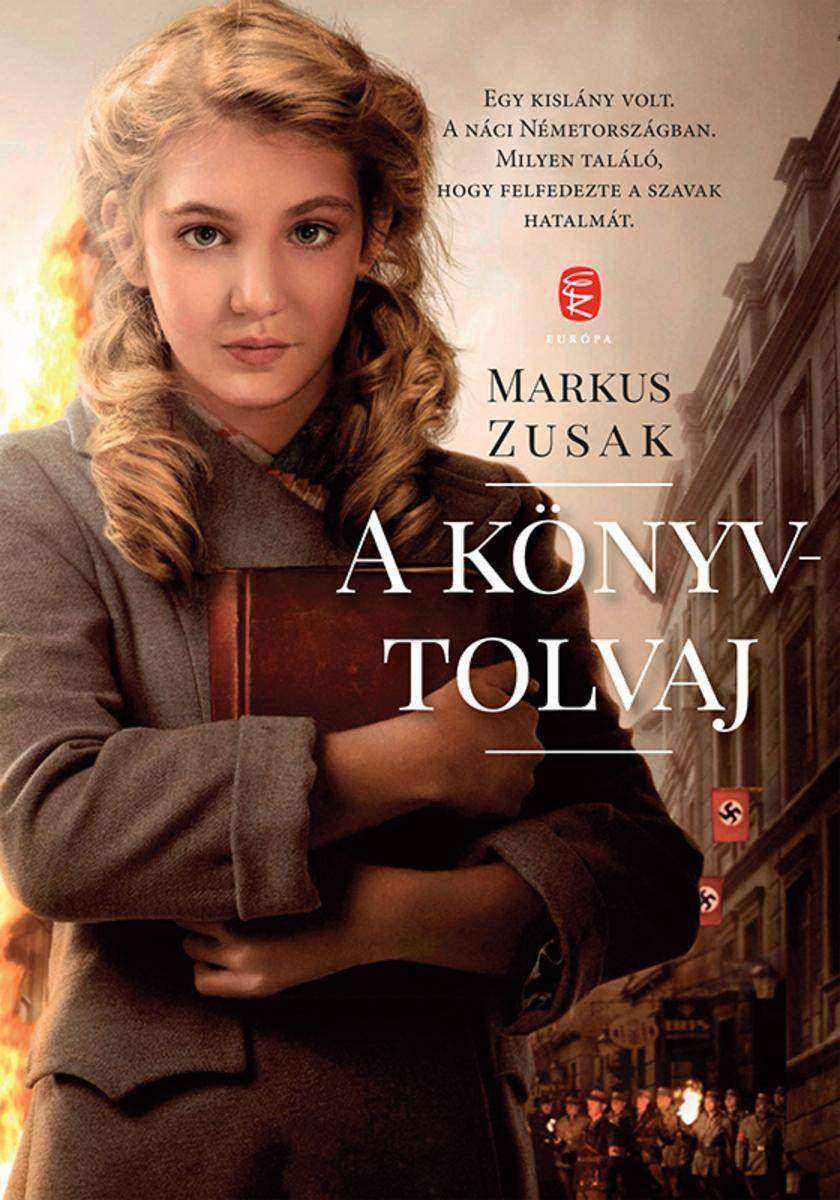
A k?nyvtolvaj
¥86.00
A k?nyvtolvaj
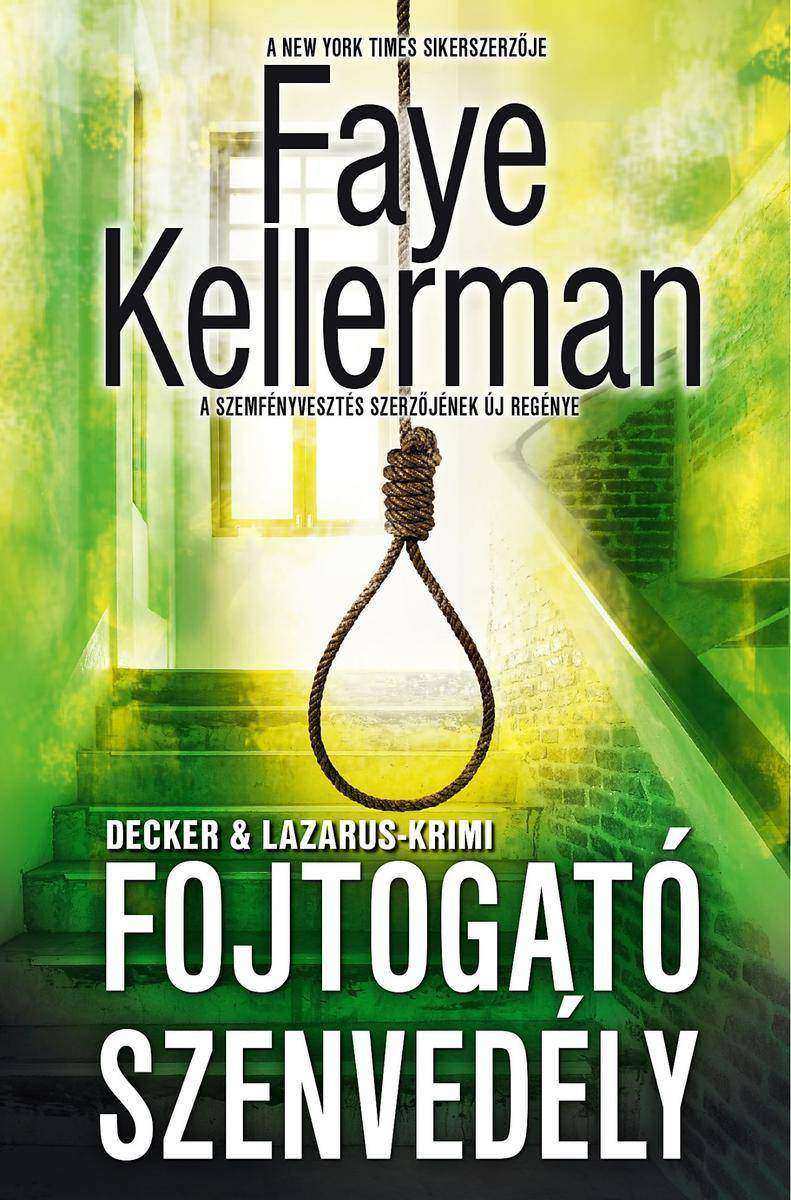
Fojtogató szenvedély
¥85.92
Fojtogató szenvedély

Memories Are Made of This: The Ultimate Retro Pop Quiz: 50's, 60's, 70's, 80's &
¥85.76
Memories Are Made of This: The Ultimate Retro Pop Quiz: 50's, 60's, 70's, 80's & 90's
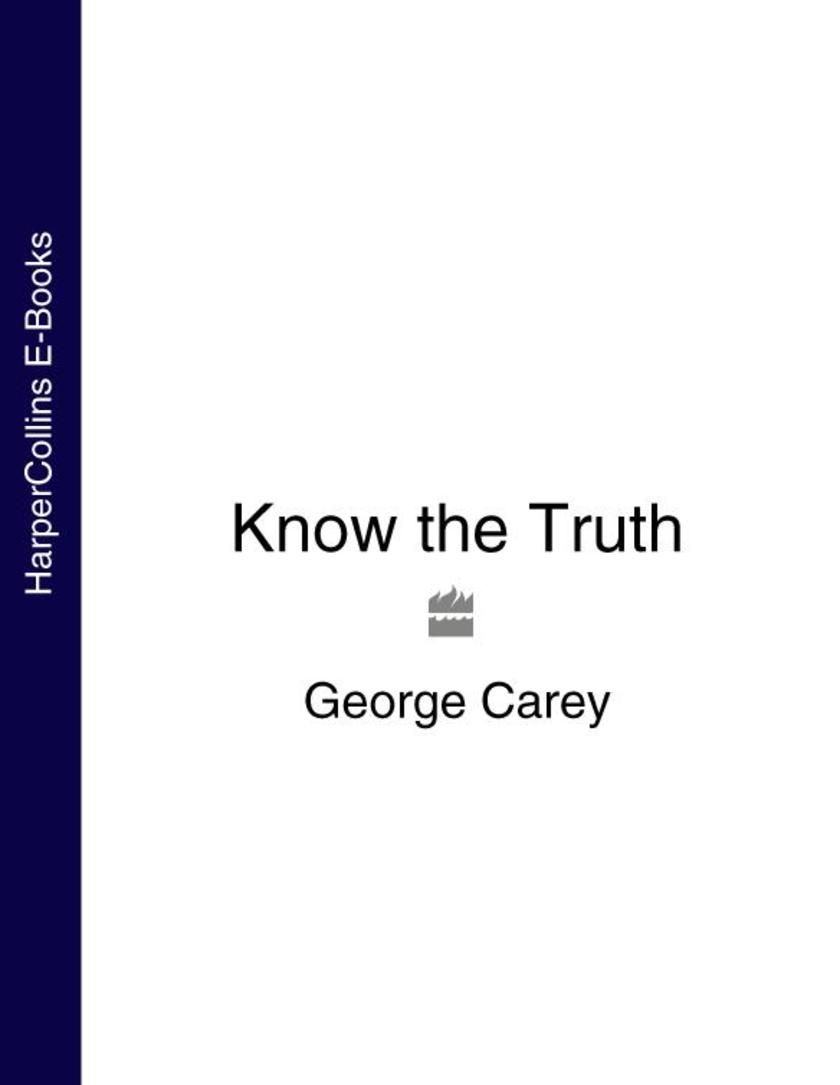
Know the Truth (Text only)
¥85.74
In this remarkable and candid memoir the former Archbishop of Canterbury recalls his life and his spiritual quest; this is the first time in history that an Archbishop of Canterbury has written his autobiography.
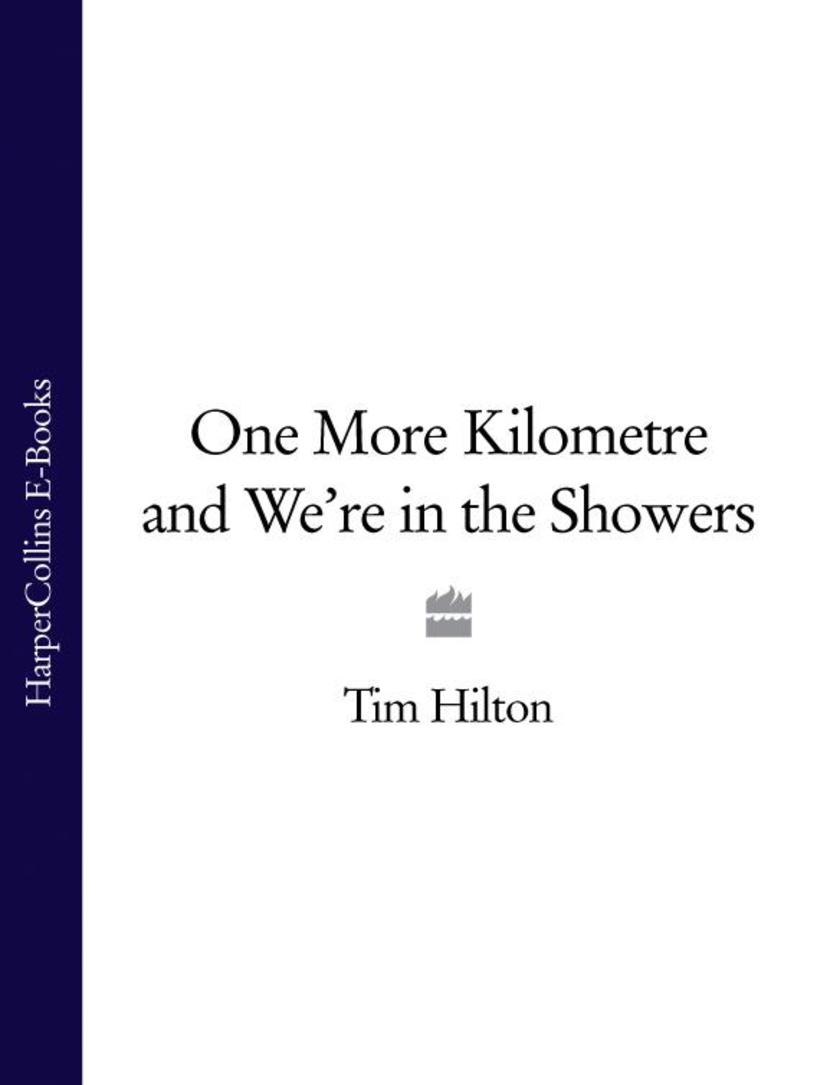
One More Kilometre and We’re in the Showers
¥85.74
An entertaining social and cultural history of cycling in post-war Europe seen through the eyes of a veteran racing cyclist. Written with great literary and historical relish, One More Kilometre examines the spread of cycling's popularity, how it developed into a sport and how the bicycle has changed people's lives -- all viewed through the eyes of a seasoned 56-year-old racing cyclist/art critic who keeps eleven racing cycles in his garden shed and who never cycles less than 10,000 miles a year. The book starts with the 1950s, regarded as the golden age of cycling, and when the author, 'an unhappy communist child', first discovered cycling and its emancipating powers. Progressing through four decades of cycling social history, the author will examine cycling as a Continental phenomenon, the rise and fall of the Tour de France; the lives of the great 'trackmen'; cycling in its domestic form, cycling for fun, the ever-popular British cycling clubs -- some of which are over one hundred years old and are home to many fellow eccentrics, fanatics and old-timers, like the author's friend, 'the Yorkshire junior road race champion of 1954, now living in a caravan, crippled and penniless with his much younger companion a taxidermist -- beautiful and cruel'. One More Kilometre is a lovely blend of personal anecdote, serious history and informed obsession, combining gentle humour, personal reminiscence and good history into a beguiling whole.
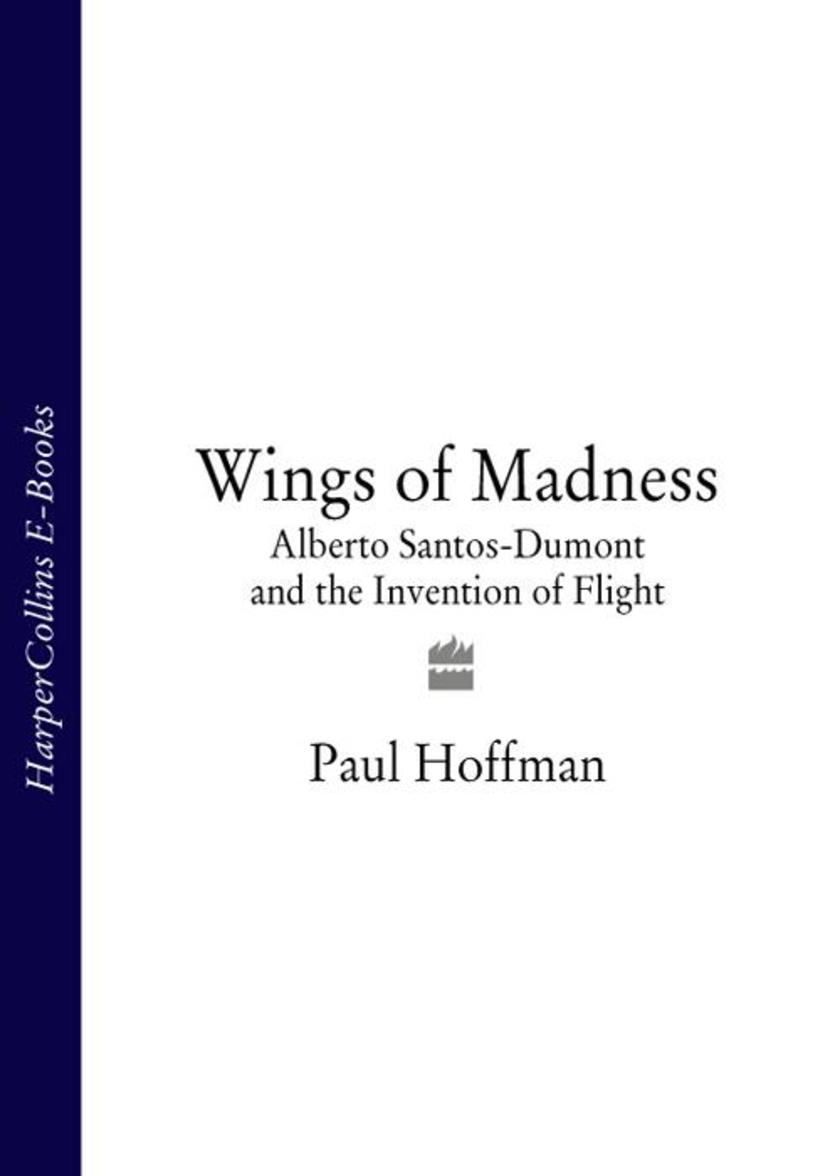
Wings of Madness: Alberto Santos-Dumont and the Invention of Flight
¥85.74
This ebook does not include illustrations. From the author of The Man Who Loved Only Numbers, winner of the prestigious Rhone-Poulenc science award: the history of aviation told through the extraordinary story of Alberto Santos-Dumont, the forgotten man who battled to be the first to free himself from the confines of the earth. Ask most people who flew the first aeroplane and you'll get the same response: Orville and Wilbur Wright. But ask a Brazilian the same question and you will get a different answer: Alberto Santos-Dumont, the man they have crowned the 'father of aviation'. Fearless Alberto Santos-Dumont was a slight and wiry man who built flying machines that could hold no one heavier than himself and required a daredevil dexterity to stay aloft. Never before or since has there been an aeroplane in which the pilot has had to stand up for the whole flight (he had to perfect the rumba in order to get his Bird of Prey into the air at all). Nor has anyone else had a personal flying machine – a small powered balloon that he kept tied to a lamp post outside his apartment when he was not bar-hopping, handing the reins of the airship to the doorman at his favourite night spot. His genius and charisma led him to be celebrated in Paris, London and New York: he dined with the Cartiers, the Rothschilds and the Roosevelts, and fast became the darling of the press. With his blithe faith in the future of technology, Santos-Dumont did not foresee the destructive power of his beloved machines. Yet his indomitable spirit was slowly crushed as competition grew and the skies became full of hazardous aircraft. With the dawn of World War I, he saw their potential for devastation and began to blame himself for every fatality. The guilt placed too great a weight on his mind, and as he became distracted from his aeronautical dream, family and friends began to fear for his sanity. On his last attempt to fly he glued feathers to his arms and tried to launch himself through a window in a sanatorium.

Hóvarázs
¥85.67
Hóvarázs
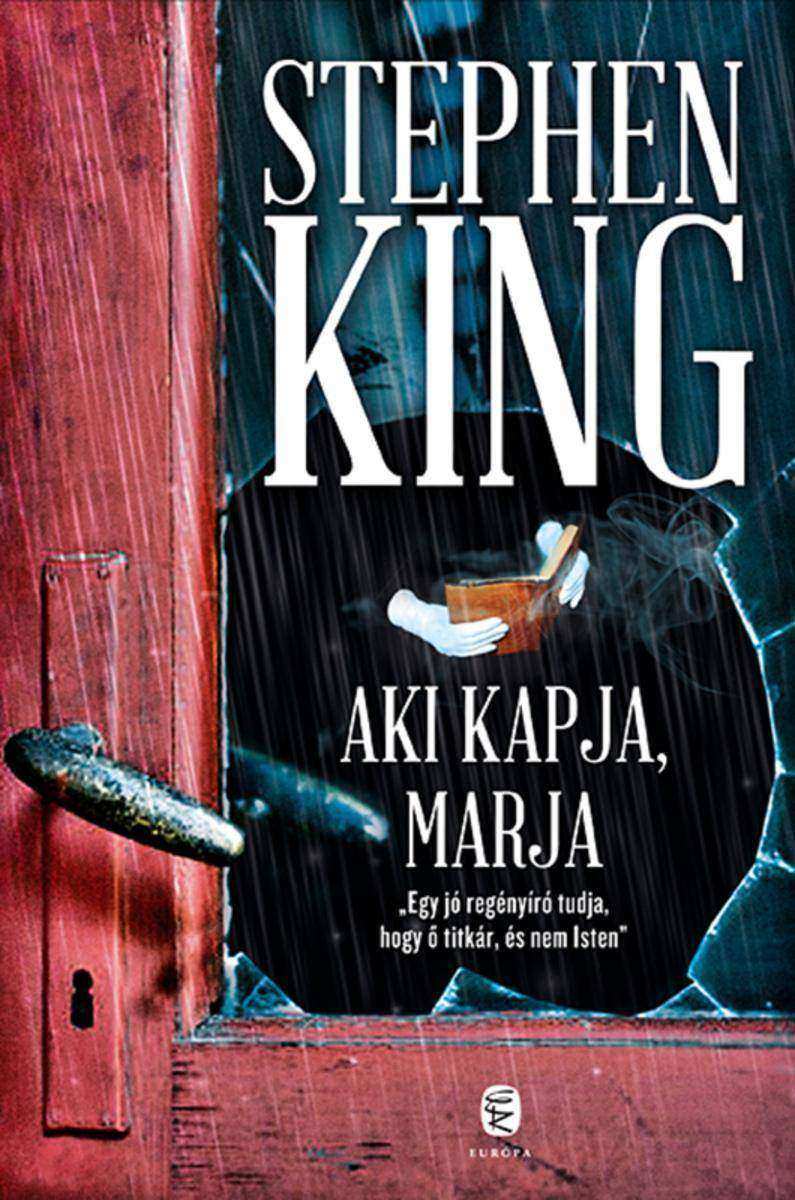
Aki kapja, marja
¥85.67
Aki kapja, marja
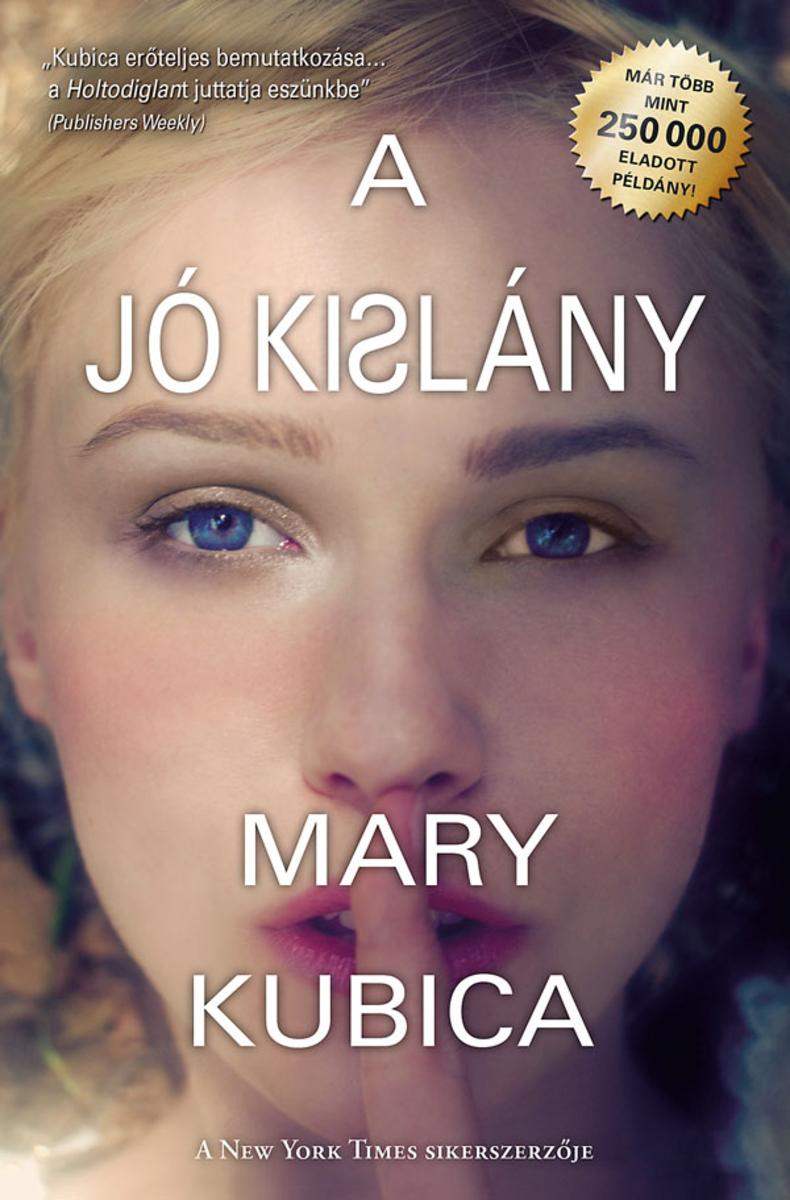
A jó kislány
¥85.67
A jó kislány




 购物车
购物车 个人中心
个人中心



